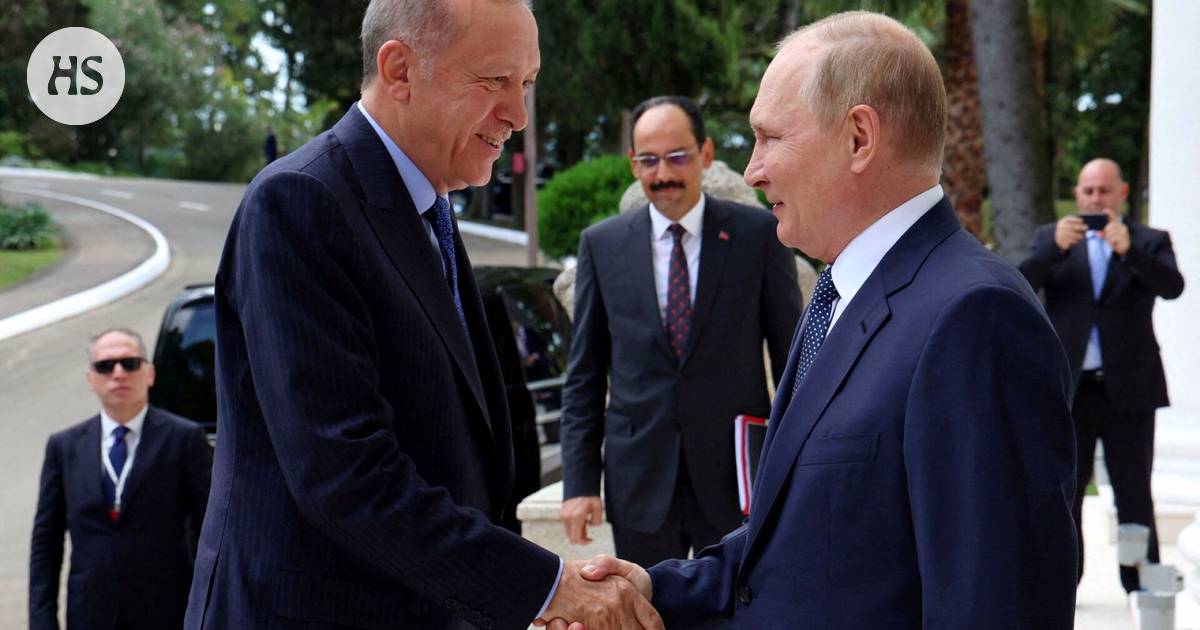Many countries have imposed economic sanctions on Russia. Turkey has not imposed sanctions, as the country is heavily dependent on Russian energy.
Wild creative Turkey in the midst of inflation binds itself more and more tightly to Russia. According to information service Refinitiv, Turkey has doubled its deliveries of Russian crude oil this year.
According to the Reuters news agency, Turkey has imported more than 200,000 barrels per day of Russian Urals and Siberian Light oil grades this year. At the same time a year ago, oil imports from Russia were 98,000 barrels per day.
A barrel corresponds to approximately 159 liters.
EU and many Western countries have imposed numerous economic sanctions against Russia. The sanctions were imposed because Russia attacked Ukraine on a large scale on February 24. In its energy sanctions, the EU has, among other things, banned the import of Russian coal and oil. At the same time, the EU prohibits its member states from exporting oil refining products and technology to Russia and from investing in Russia’s energy sector.
The sanctions include some member country-specific exceptions.
Turkey is not a member of the EU and has not imposed sanctions against Russia. One of Turkey’s reasons for not imposing sanctions on Russia has been precisely the country’s energy dependence on Russia.
Turkey suffering from gigantic inflation. The country’s inflation is running at almost 80 percent. Last week, the country made an extraordinary decision and lowered its key interest rate by one percentage point to 13 percent.
Read more: Turkey made a decision that goes against the principles of economics – Inflation is secondary in Turkey’s decision-making
The central bank justified its decision by seeking economic growth, but lowering interest rates will probably only accelerate Turkey’s nearly 80 percent inflation.
The weakening of the lira also increases inflationary pressure. Five years ago, one euro was 4.1 lira, but now you get 18 lira for a euro.
However, the Turkish economy has grown rapidly so far. This year too, the country’s gross domestic product is estimated to grow at a rate of more than three percent.
The senior economist of the Bank of Finland interviewed by HS last week Heli Simolan according to, lowering the key interest rate will probably accelerate the already alarming inflation and further weaken the exchange rate.
According to Simola, Turkey’s development may drift into a situation where money leaves the country. In that case, the state would face a financial crisis.
“This would be an unfortunate development for Europe as well,” Simola told HS last Friday.
